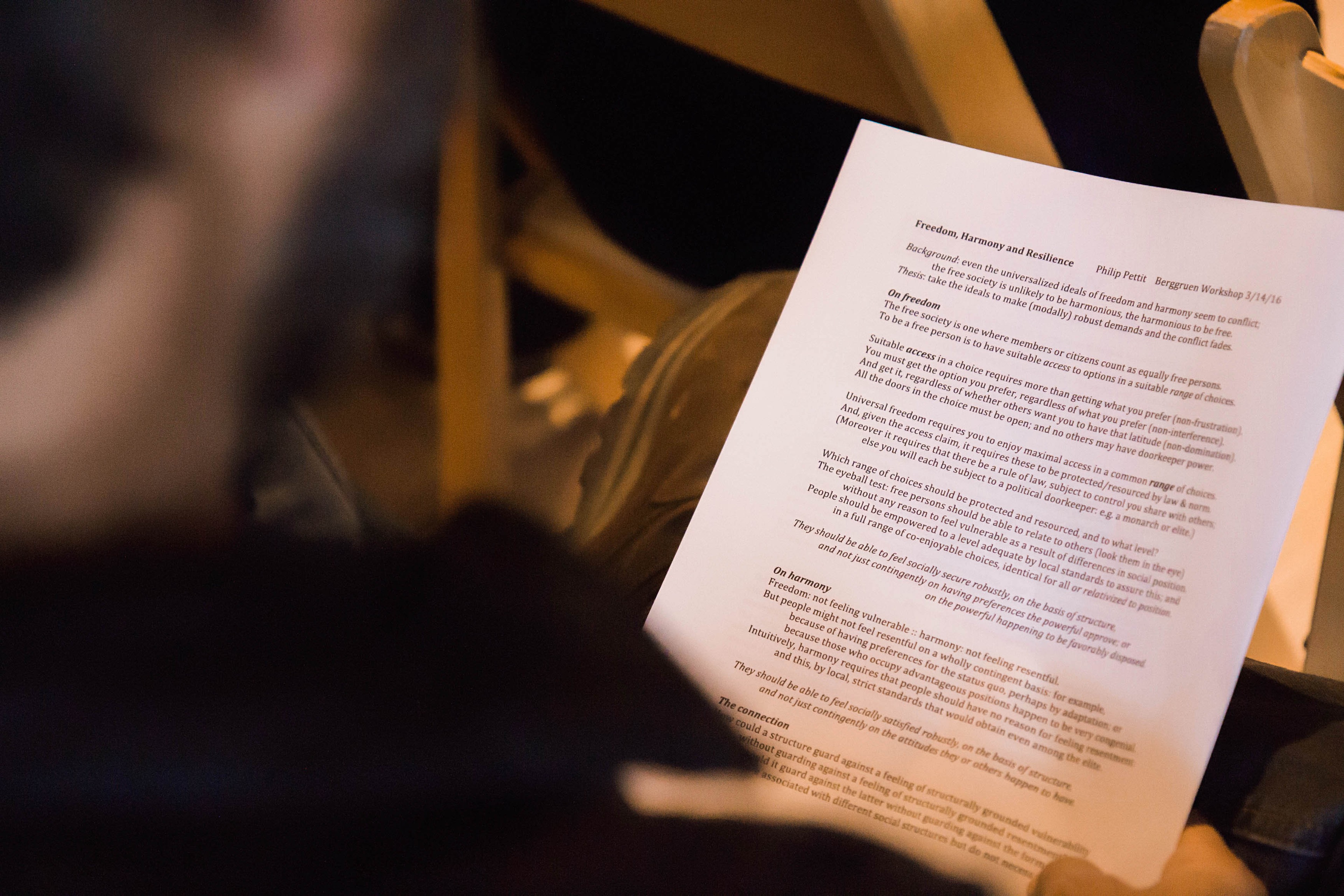Rajeev Bhargava
Rajeev Bhargava is currently Director of the Institute of Indian Thought at the Centre for the Study of Developing Societies (CSDS). He was previously Director of CSDS. He has been a Professor at the Centre for Political Studies, Jawaharlal Nehru University, New Delhi, and between 2001 and 2005 was Head, Department of Political Science, University of Delhi. Bhargava did his BA in economics from the University of Delhi, and MPhil and DPhil from Oxford University. He has been a Fellow at Harvard University, University of Bristol, Institute of Advanced Studies, Jerusalem, Wissenschaftskolleg, Berlin, and the Institute for Human Sciences, Vienna. He has also been Distinguished Resident Scholar, Institute for Religion, Culture and Public Life,Columbia University, and Asia Chair at Sciences Po, Paris. Bhargava has held visiting professorships at several universities. Bhargava’s publications include Individualism in Social Science(1992), What is Political Theory and Why Do We Need It?(2010), and The Promise of India’s Secular Democracy (2010). His edited works are Secularism and Its Critics (1998) and Politics and Ethics of the Indian Constitution (2008). His work on secularism and methodological individualism is internationally acclaimed. He has contributed to the Routledge Encyclopedia of Philosophy and the Oxford Handbook of Political Theory . Bhargava is on the advisory board of several national and international institutions, and was a consultant for the UNDP report on cultural liberty.
